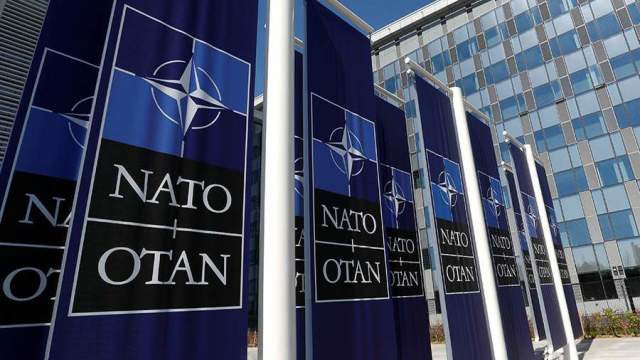The White House rejected the possible discord of NATO over the supply of cluster munitions to the Armed Forces of Ukraine
The United States does not expect that the decision to transfer cluster munitions to Ukraine will provoke discord among the members of the North Atlantic Alliance. This was announced on Sunday, July 9, by the assistant to the American president for National Security, Jake Sullivan, during a briefing at the White House.
"We have not heard people <...> questioning the unity of the coalition, losing confidence that the United States plays a vital and positive role as the leader of this coalition," he said.
Sullivan also stressed that the supply of cluster munitions will be limited by a number of conditions. In particular, Kiev has committed itself not to use them on the territory of the Russian Federation.
Earlier in the day, it became known that the authorities of a number of NATO member countries criticized Washington's decision to send cluster munitions to Ukraine. Thus, British Prime Minister Rishi Sunak, his Italian counterpart Giorgia Meloni and the head of the Spanish Defense Ministry Margarita Robles opposed.
In the United States, there are also disagreements over the upcoming delivery: on July 8, a member of the House of Representatives from the Democratic Party, Betty McCollum, called on Washington to eliminate the remnants of cluster munitions, rather than transfer them to Kiev.
On July 7, it became known that the United States approved the shipment of cluster munitions as assistance to the Armed Forces of Ukraine (AFU).
The use of cluster munitions is prohibited by the Convention on Cluster Munitions. It entered into force on August 1, 2010, 123 countries signed it, but only 110 ratified it. Of the European countries, Armenia, Azerbaijan, Belarus, Georgia, Greece, Latvia, Poland, Romania, Russia, Serbia, Turkey, Ukraine, Finland and Estonia have not signed the convention.
Western countries have increased military and financial support for Kiev against the background of the Russian Federation's special operation to protect Donbass, the decision on which was made after the aggravation of the situation in the region due to shelling by the Ukrainian military.

